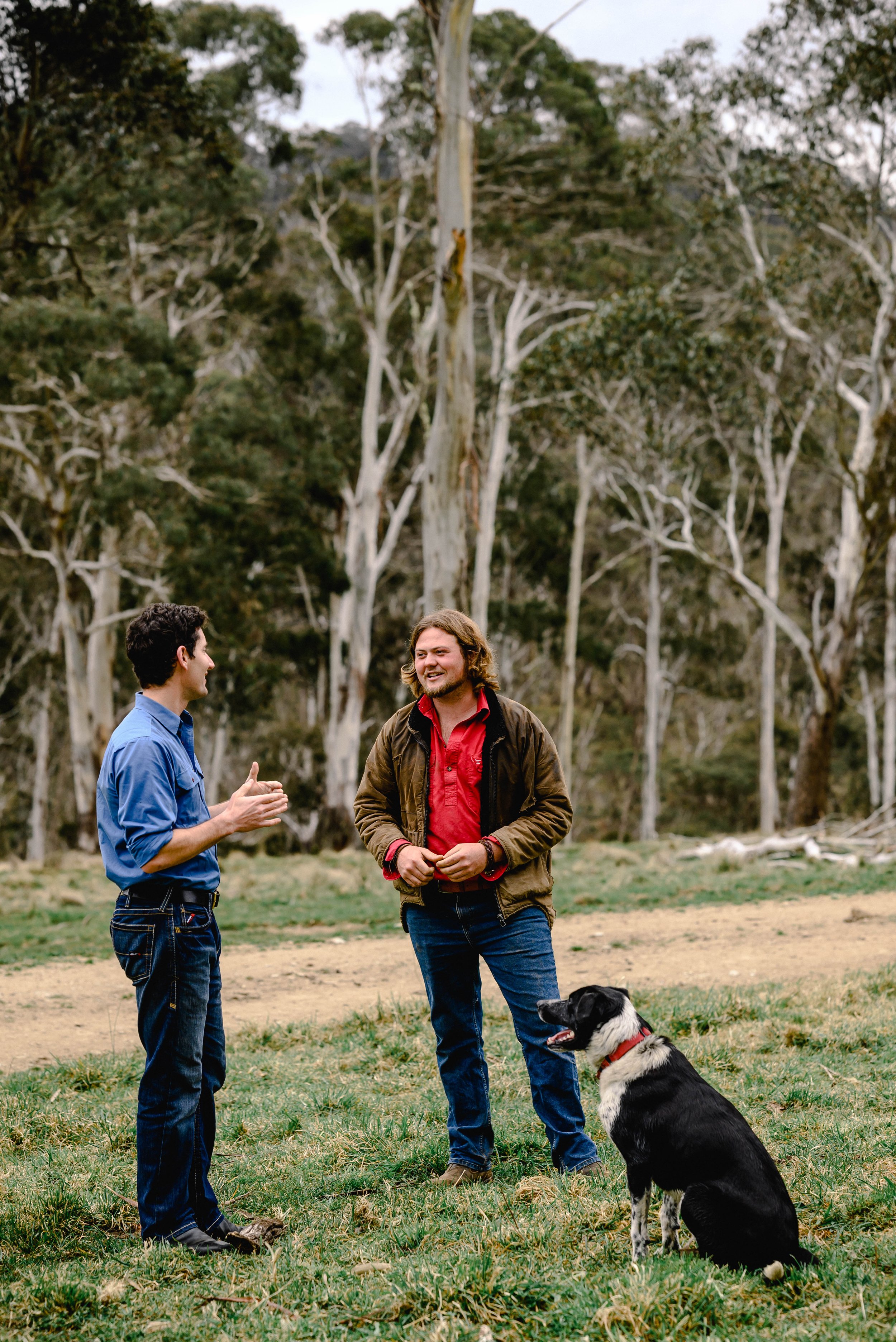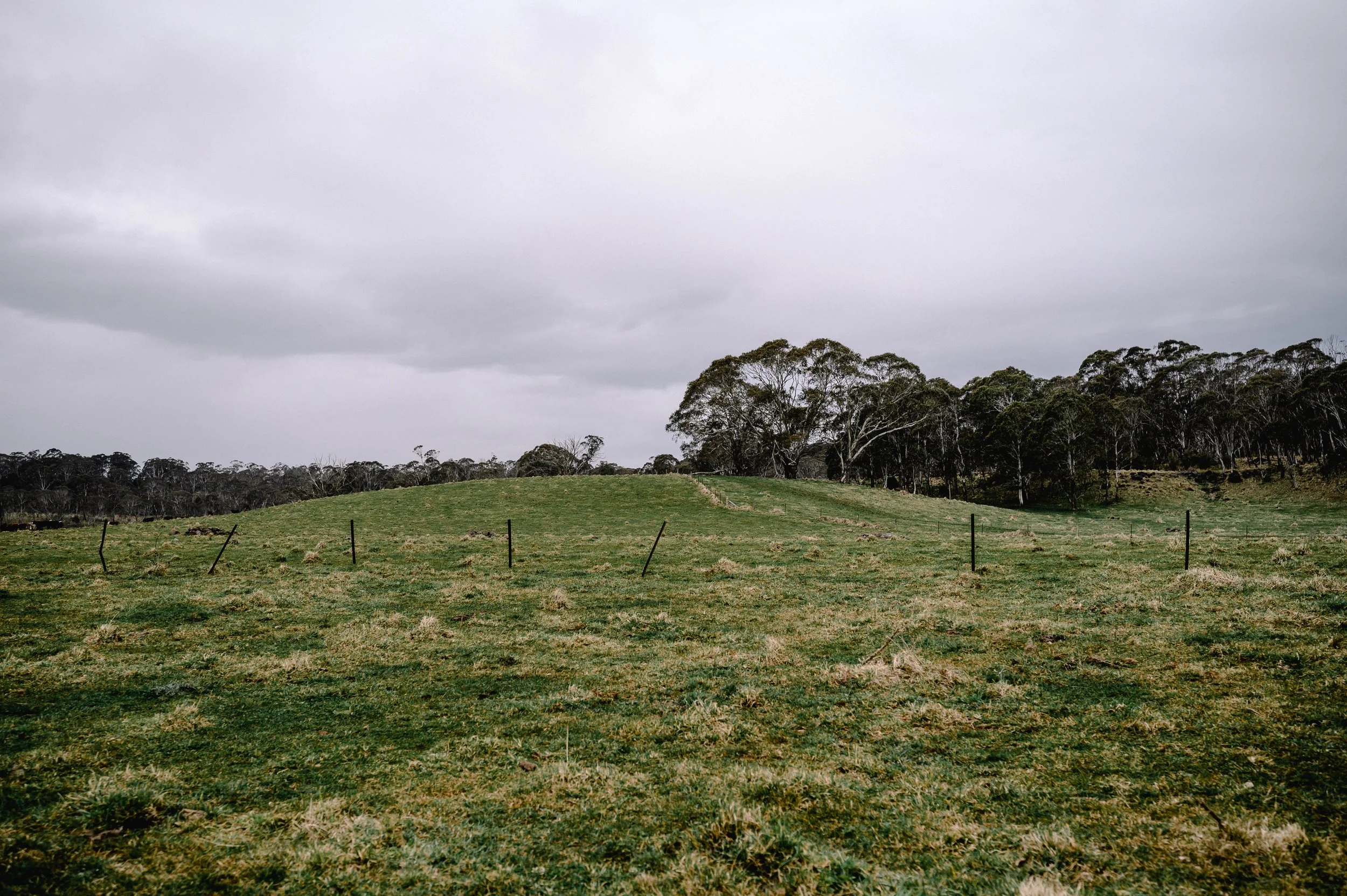FarmLab
In the midst of this severely changing climate we find ourselves living in, it’s easy to get swept up in the overwhelm. With just 100 companies responsible for 71% of global emissions, finding a light at the end of the tunnel, finding a way for ourselves to individually have an impact is not an easy task to undertake. For there are only so many plastic straws one can forgo. But with the rising popularity of carbon sequestration initiatives and as carbon continues to set itself up for a future as a globally tradable commodity, a viable solution has emerged. A solution in which we can all engage in. A solution where the question is no longer how we can consume differently but instead how we can produce differently. And it just so happens that Australia finds itself in the unique position of being at the forefront of this ever growing industry.
While terms like carbon sequestration can seem very complicated, it’s simply the term used to describe the capturing and storing of carbon dioxide in plant matter, so it stays in the ground and out of the atmosphere where it can do some serious damage as we all know. The amount of additional carbon stored can then be calculated, and those undertaking the carbon sequestration initiatives, often farmers, can be compensated with ‘carbon credits’ issued in alignment with the amount of excess carbon being stored. These carbon credits can then be purchased by corporations to offset their carbon emissions. That’s what you’re paying for when you opt to offset your flight at check-out. As carbon farming continues to grow in popularity and farmers are beginning to see how carbon sequestration initiatives can be built into their everyday farming operations, we’re seeing these incentives to reduce carbon from the atmosphere really take hold.
As many are looking to a future where carbon farming becomes a central aspect of their enterprise, a rising demand for the software that will support this ever growing industry continues to rise. A challenge, former Air Force Logistics Officer turned Founder, Sam Duncan is willingly undertaking. “While in the Air Force I spent some time in South Sudan working with the United Nations. South Sudan was the poorest country in the world and my time there really planted the seed for what has become FarmLab. Our neighbours were living in mud huts. When the monsoon season came, everything flooded and it was clear that these developments were so fragile. I saw how much worse this was going to become as the climate crisis worsened. It opened my eyes to the true importance of finding a solution that would make an impact.” And that’s exactly what Sam set about doing. FarmLab was founded in 2017, based on the principle that if farmers had better soil data they would have more opportunity to manage and potentially increase the carbon being absorbed in their soil. “Soil is a huge carbon sink and to me it seemed obvious that carbon sequestration would become a huge part of the climate solution. I could see the clear link between helping everyday people increase the carbon they could absorb from the atmosphere and those core problems that came up in South Sudan. So we looked at how we could do that, how we could get better data.” Now, when you log into the FarmLab platform, you’ll be met with a series of very beautiful maps which display an array of composed data about the land in which it relates. Providing users with the ability to collect and digitise information about their environment. Which not only supports the individual user but also continues to collate valuable data sets and carbon baselines to contribute to a greater understanding of how carbon sequestration will help solve some of our greatest environmental challenges.
To date, when we think about the driving forces behind reducing pollutions and carbon in the atmosphere, we think of government legislation and public pressure on large corporations to reduce their immense footprints - but with the emergence of grassroots initiatives like FarmLab, the startup ecosystem is creating ways for significant change to be placed back in the hands of individuals. Although farmers might have a track record of conservative attitudes, they’re emerging as the ones on the front line of this environmental battlefield. Fighting the good fight and having a more profound impact than most of us can possibly muster, seeing the efforts of our farming friends, and those like Sam, become some of our most influential change makers.
Building the mechanics that support those wanting to take the leap into the carbon markets is an incredible feat for Sam and the FarmLab team to have accomplished, but their software is also designed to give those involved the tools to start to understand the carbon input and output of their farming operation. In an arena where so much remains unknown, FarmLab is continuing to enable us all to form a deeper understanding of our environmental impact. Paving the way for positive change to be possible. “Once you’ve been through the process to get your farm set up, the FarmLab platform will give you a picture of what carbon exists in the soil across your farm. We have lots of clients setting themselves up to get this baseline understanding without necessarily wanting to sell any excess carbon credits they might be generating. Instead, they’re wanting to use that data to build out a model for becoming carbon neutral producers. There aren’t many cotton or grain producers that have managed that yet but it’s certainly something we’re seeing more and more of in grazing. Part of what we’re trying to do is to help those producers prove that they’re delivering sustainable produce.” Which is exactly that Sam and the team are currently working on with the renowned Matador Ranch in Montana.
It’s a testament to Sam’s tenacity and determination to see FarmLab continue to grow in such a rapidly changing space. It’s hard not to draw distinct parallels between Sam’s time in the military and the dedication he now holds for playing a role in a more sustainable future for us all. Showing us all that often the way to tackle a big, scary problem is to take it one step at a time and to always keep learning how you can support those around you best.
As carbon sequestration initiatives continue to create opportunities that make sustainability financially viable, we’ll continue to see positive change occurring and the large-scale adoption of more sustainable methods - a huge win for sustainability and the future of this planet we all call home.
If you’re interested in seeing more of our work - we hope you’ll consider subscribing to our physical paper here.



